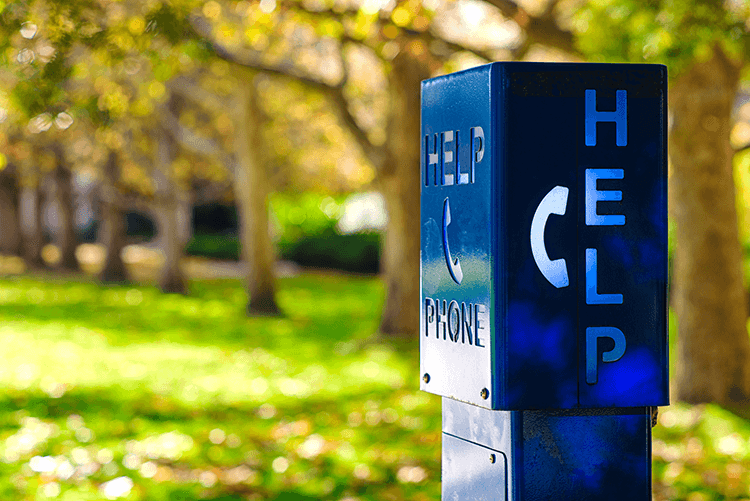OUTREACH & EDUCATION
PREVENTION STARTS EARLY
Education, one of the foundational components of RCIS, provides community members of all ages the opportunity to become active advocates for prevention and support for victim-survivors of sexual violence. Prevention starts early with children learning about positive and negative relationships and setting healthy boundaries with friends, and adults, including coaches, religious leaders, and other adults in a supervisory role. As adolescents, topics such as Consent, Coercion, Sexual Harassment, Intimate Partner Violence, Dating Violence, Safety Planning, Campus Safety, and Human Responses to Trauma are sensitive issues that can be challenging to discuss. RCIS offers presentations with a trauma-focused approach, acknowledging that students may be victims or know victims. We provide resources to public and private schools, Parent groups, student organizations, youth sports teams, religious organizations, and scouts.
If you are interested in giving a presentation to students in a classroom, youth sports team, youth organization, or religious youth group, don’t hesitate to contact Kristen Johnson, Outreach Educator, at 410-857-0900 or kjohnson@carehealingcenter.org
GET INVOLVED
PROGRAMS
AGAINST SEXUAL VIOLENCE
PREVENTION ON CAMPUS
PROFESSIONAL TRAININGS
Safe Boundaries

Healthy Relationships

Sexual Harassment

- Unwanted, unwelcome physical contact, such as touching, bumping, grabbing, or patting
- Sexually insulting remarks about race, gender, ability, or class
- Bragging about sexual prowess for others to hear
- Intimidating hallway behavior, which can include demeaning nicknames, homophobic name-calling, cat calls, rating, or embarrassing whistles
- Graffiti with names written on walls or desks; a common example is: “for a good time, call…”
- Stalked-being followed around by another student
Relationships Shouldn't Hurt
Dating violence is the use of abusive tactics to gain, assert, or maintain the power and control in a dating relationship. Violence does not always mean there is physical abuse present.
1 in 3 adolescents will experience emotional, sexual, and/or physical abuse every year
57% of teens wait 6 months or more to seek help for an abusive relationship.
An understanding of healthy relationships and maintaining safe boundaries are essential in the prevention of dating violence. This program is approximately 45 minutes long and can be adjusted to meet the needs of your scout organizations, youth group, youth sports team, and classroom. It is also offered as a two-day event.

Professional Workshops

Understanding Sexual Violence

AGAINST SEXUAL VIOLENCE
Rights and Responsibilities Against Sexual Violence

PREVENTION ON CAMPUS
Sexual Violence Prevention on Campus

PROFESSIONAL TRAININGS
Sexual Assault Response Team (SART) Professional Trainings



